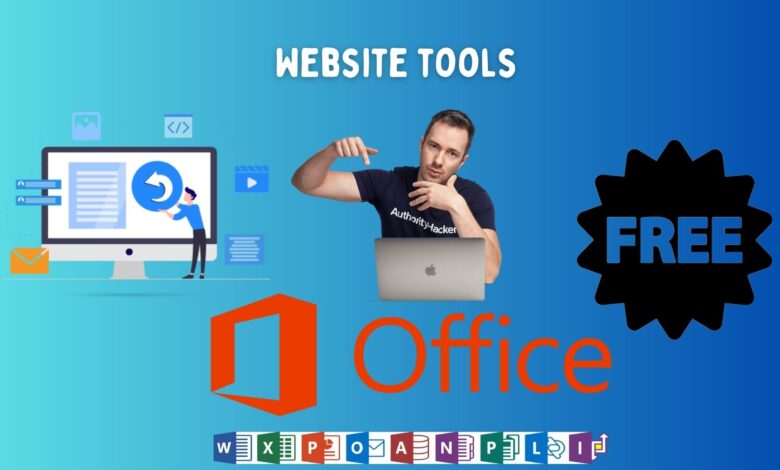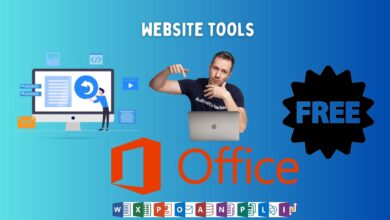Best Content Management Software (CMS) Systems 2023 – Forbes Advisor

method
To find the best content management software, Forbes Consulting looked at everything from CMS popularity, pricing, and built-in functionality. We also looked at features specific to CMS systems, such as post scheduling, e-commerce capabilities, security, and whether or not hosting is included.
There are also less realistic criteria to consider. For example, how easy the interface is to use or how many options there are, the CMS is overwhelming. We read user reviews to understand real-world examples of the pros and cons of each CMS. It then compares multiple CMS systems against each other by applying a score to each point and then averaging it to come up with a rating of one to five stars.
- Ease of use: For small business owners and individuals, ease of use is especially important. We’ve given more credit to CMS systems that are simple out-of-the-box.
- Costs and fees; Most CMS systems on the market are open source and therefore free to use, but all websites require hosting. So, we looked at the overall cost of using a website builder with a CMS and an open source option with à la carte hosting and extensions.
- Features of CMS It’s important to choose a CMS that includes the features you need to make digital asset management and content management easy. For example, post-scheduling is critical, as are SEO tools and template availability.
- Functionality: All CMS systems are designed to make it easy to manage your content, but some include more built-in functionality, which we’ve rated higher. However, we also looked at official plugins libraries that extend the functionality of the CMS.
- Security: Also important is CMS security. This comes in the form of features like MFA, but it also comes in the form of core CMS updates.
How to choose a content management software system
Not all content management software systems are created equal, but they all basically do the same thing: make it easier for you to build and manage a website with different types of content and data. Choosing the right CMS for you comes down to cost, customization, ease of use, security, and how much manual management you want to perform on your CMS and website.
Consider your budget when choosing a CMS. Many of them are open source and therefore free to use, but you still have monthly or annual costs associated with hosting, templates, site creation and extensions. The app marketplace has affordable all-in-one solutions with hosting, templates, and free and paid plugins to extend functionality. You can also find user-friendly open source CMS systems with many built-in functions and free templates. Generally, the more affordable the option, the less freedom you have with source code and customization.
When it comes to customization, you get a lot more freedom in open source software that gives you access to everything in the back-end and front-end. The limitations here are whether you can manage everything yourself or hire someone to develop and manage content for you.
And this makes us easy to use. You need to know how much hands-on attention you want to give to your site and what you can do. Not everyone knows how to code, and some CMS systems can be overwhelming with all the options and all the power. Content management software gets regular updates to stay secure, and you may want to choose between automatic updates and a host or all-in-one site builder that keeps updates for you, especially when it comes to content. to security.
Security is a very important part of choosing a CMS for your site or business. To keep your customers and data safe, you must prevent hackers from finding vulnerabilities in your site. While all CMS systems include security features, some are more sophisticated than others in terms of MFA, volume user license settings, and frequent updates to core software.
What to look for in a CMS
You can expect any CMS you choose to have certain content management features, including a content editor, the ability to schedule posts, and security features to protect both your back-end operations and front-end users. Consider the core functionality of the CMS with its extensions and support.
Usability
Built-in CMS functionality is especially important for small business owners who don’t have the development skills or want to hire a developer to create a custom solution. All-in-one search tools that include easy-to-use tools, automatic updates and backups, and an easy-to-use dashboard and visual editor. Consider the available extensions or plugins to extend the functionality of your CMS beyond the included features.
Security
All CMS systems have security features, but some require more attention from you or an administrator to maintain. Frequent updates of core CMS systems are required to keep them secure—can you manually stay on top of those updates, or can you set up automatic updates? Employing MFA can help secure back-end operations, so look for a CMS that offers authentication features that require users to log in with a password and code, for example. User group permissions are also important so you only give access to those authorized to view the source code eg.
Customer support
Many CMS systems lack traditional customer support, such as live agents to help answer questions and resolve issues. You’ll find this kind of support from platforms like Wix, WordPress.com, and Shopify, but not for Drupal or Joomla, for example. However, most CMS systems have robust support documentation and active user communities. Avoid a CMS with a dead community because you won’t have access to the help you need.
SEO tools
An SEO-friendly CMS should include features to make it easy to organize content, run a blog, and tag articles. You should be able to add a meta description, change text on photos, and customize your URLs and blog posts. Your menu navigation is relevant to SEO, as is mobile responsiveness. Whether your site is responsive depends on your web developer or template. You may also want to get your sitemap and 301 dead page redirects.
Advantages of CMS
Frankly, you’d be hard-pressed to run any kind of website without a CMS, so the obvious advantage of a CMS is that it allows you to create a website, manage your files on your site, and manage its content. Create and host on your site. Apart from that, different CMS systems are useful for different businesses. There are two popular CMS systems that you may want to consider:
All-in-one website builders
These are turnkey systems that include everything you need to launch and manage your site and content. The best website builders include intuitive CMS systems that anyone can use to manage SEO, blogging, files, the look and feel of your site, and back-end functionality. These are ideal for new and small business owners who don’t want to do a lot of customization.
Open source CMS systems
An open source CMS system gives you more freedom and control over the look and feel and functionality of your site. The business is very difficult to learn and use. These are best for web developers or large businesses that need or want a custom solution and can afford the higher development costs.
We offer you some site tools and assistance to get the best result in daily life by taking advantage of simple experiences
